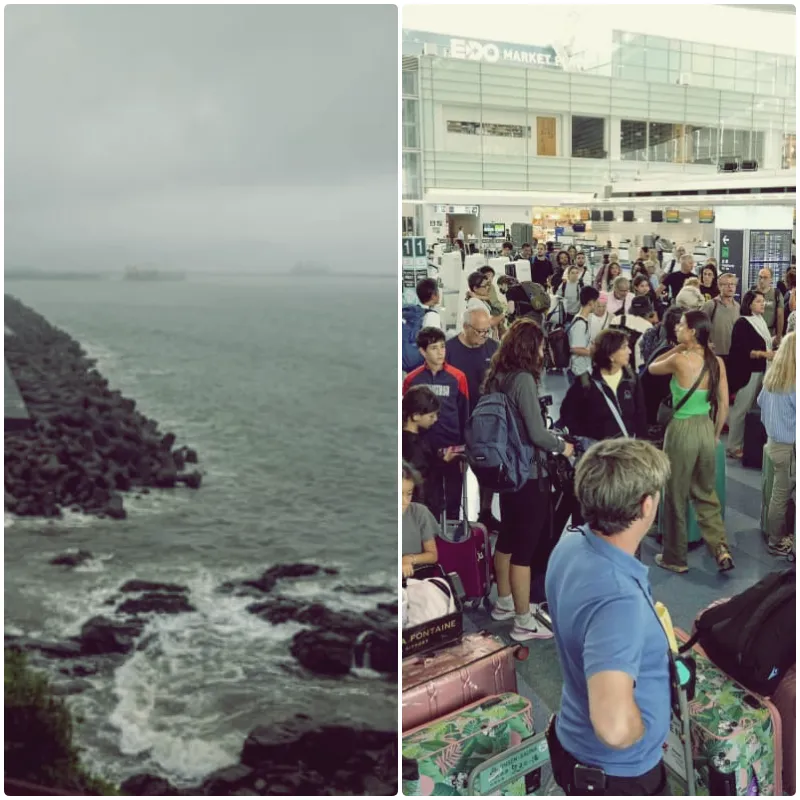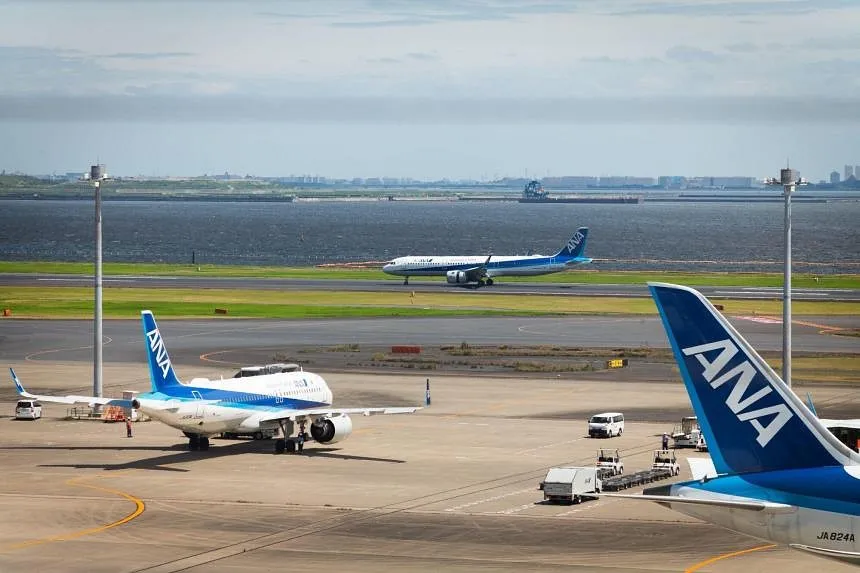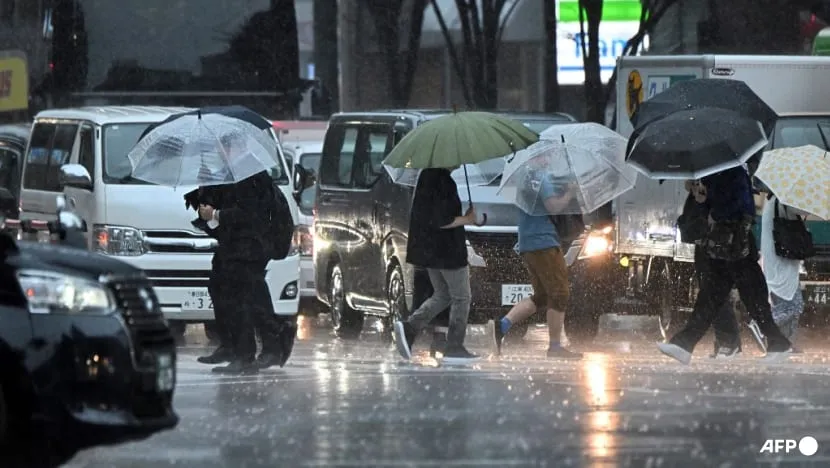
Flights and trains were canceled in the Tokyo area as the powerful storm approached
On Friday, flights and trains in the Tokyo area were canceled as people braced for strong winds, heavy rains, flooding and landslides that could result from an approaching powerful typhoon. Typhoon Ampil, currently moving north across the Pacific, is expected to make landfall near Tokyo in the evening, bringing stormy conditions to the Kanto and Tohoku regions early Saturday morning.

The Japan Meteorological Agency reported that Typhoon Ampil was packing sustained winds of 162 km/h (101 mph) with stronger gusts on Friday morning and was moving north at 15 km/h (9 .3 mph). Although Ampil is not expected to make landfall and it will weaken to a tropical storm on Sunday.
Tokyo Disneyland, usually open until 9pm, closed early at 3pm due to the storm. Yamato Transport, which delivers for Amazon and other companies in Japan, announced it would suspend deliveries in Tokyo and surrounding affected areas on Friday and Saturday.
Japan’s Central Railway reported that Shinkansen bullet trains between Tokyo and Nagoya were suspended all day. Other Shinkansen services in northeastern Japan and some local trains in Tokyo have also been suspended or delayed. Dozens of flights to and from Tokyo’s Haneda and Narita airports, as well as from Kansai, Osaka and Chubu airports, were cancelled. Japanese media reports indicated that about 90,000 travelers were affected by flight cancellations. Some highways may also be partially closed.
Airports and train stations were crowded on Thursday as people sought to avoid disruption caused by the storm. On Friday, light rain and wind appeared in Tokyo, although weather conditions varied widely. Traffic and crowds on the streets are sparse, partly due to the Bon summer holidays, not just due to the weather. Stores remain open.

Officials are advising people to stay away from rivers and beaches and to be cautious of strong winds that could blow objects around.
“We predict extremely strong winds and very rough seas,” warned Shuichi Tachihara, a meteorologist with the Japan Meteorological Agency.



